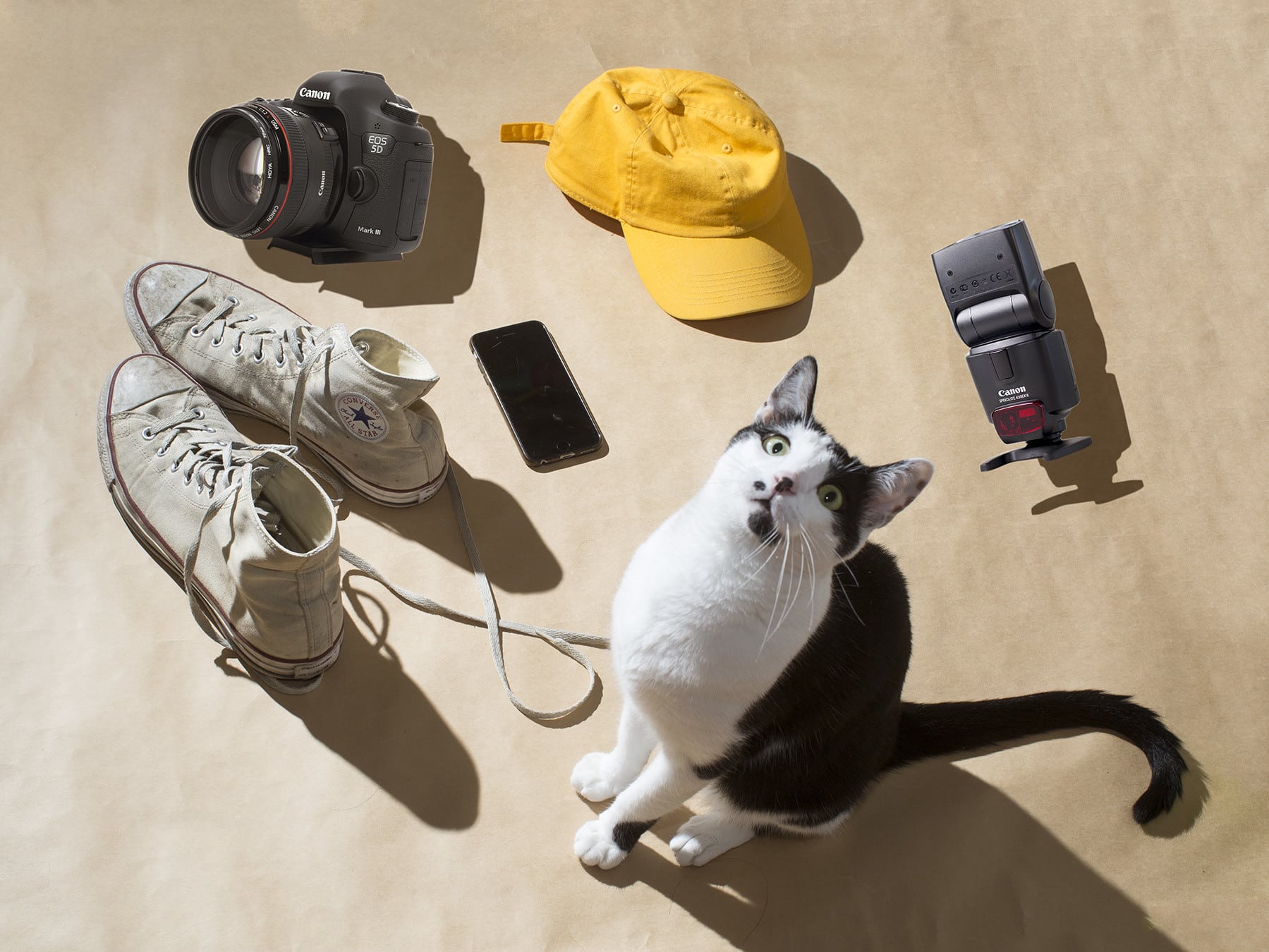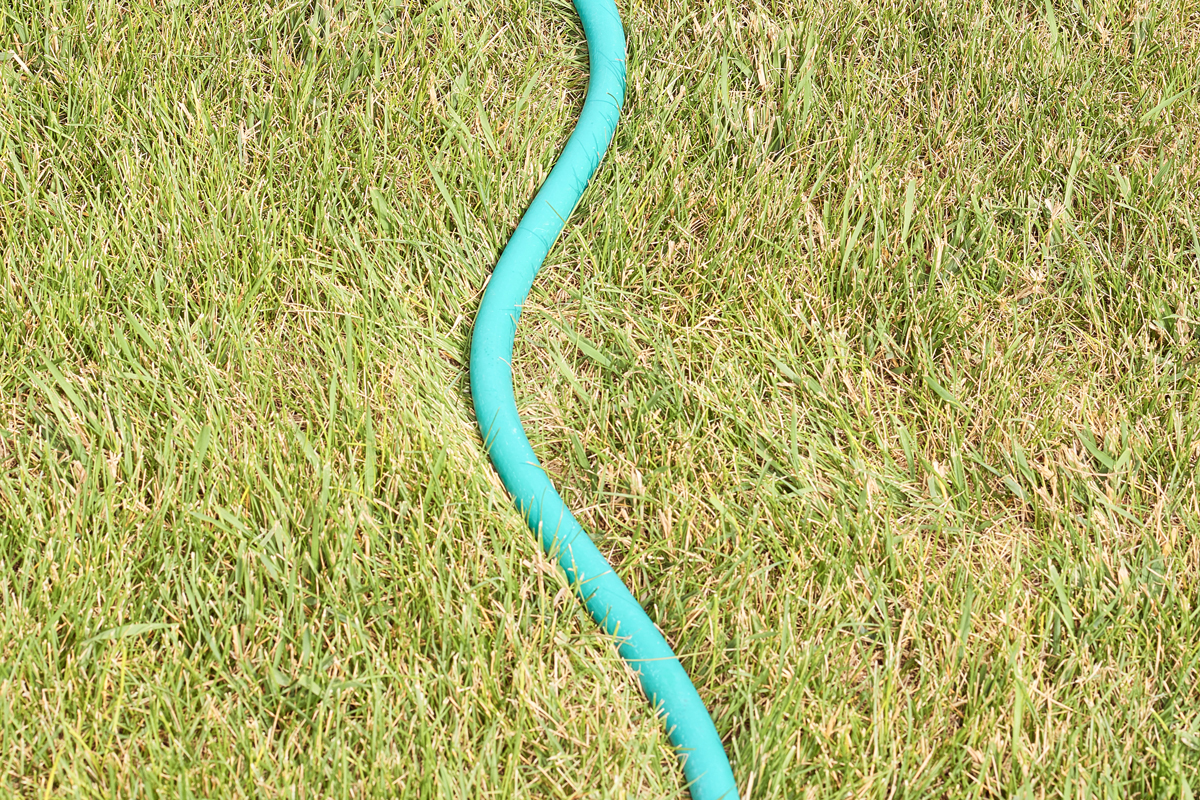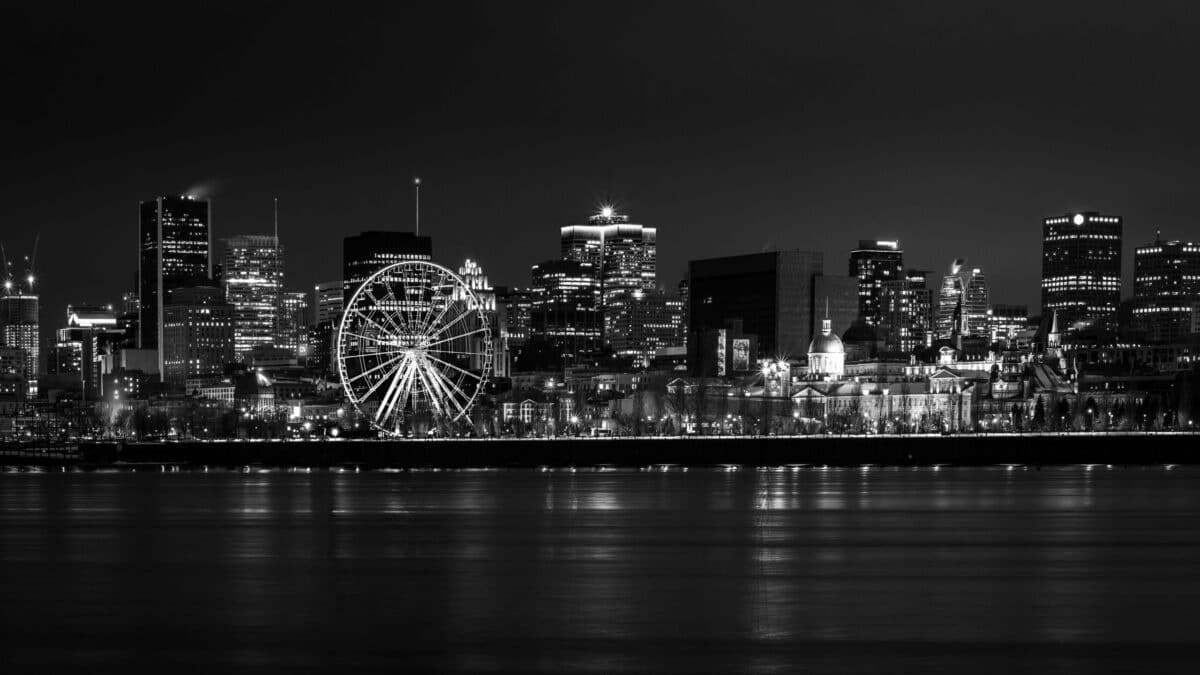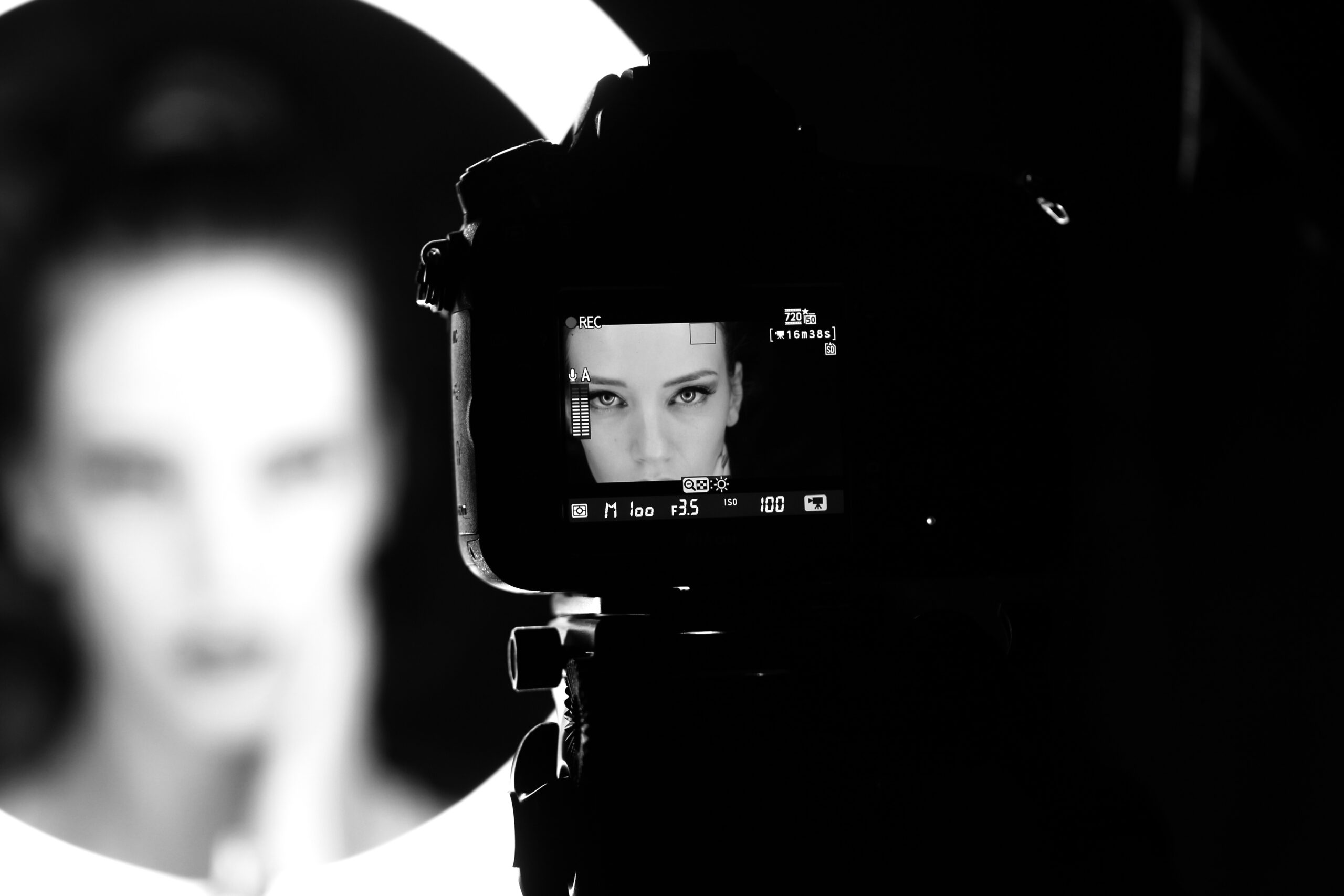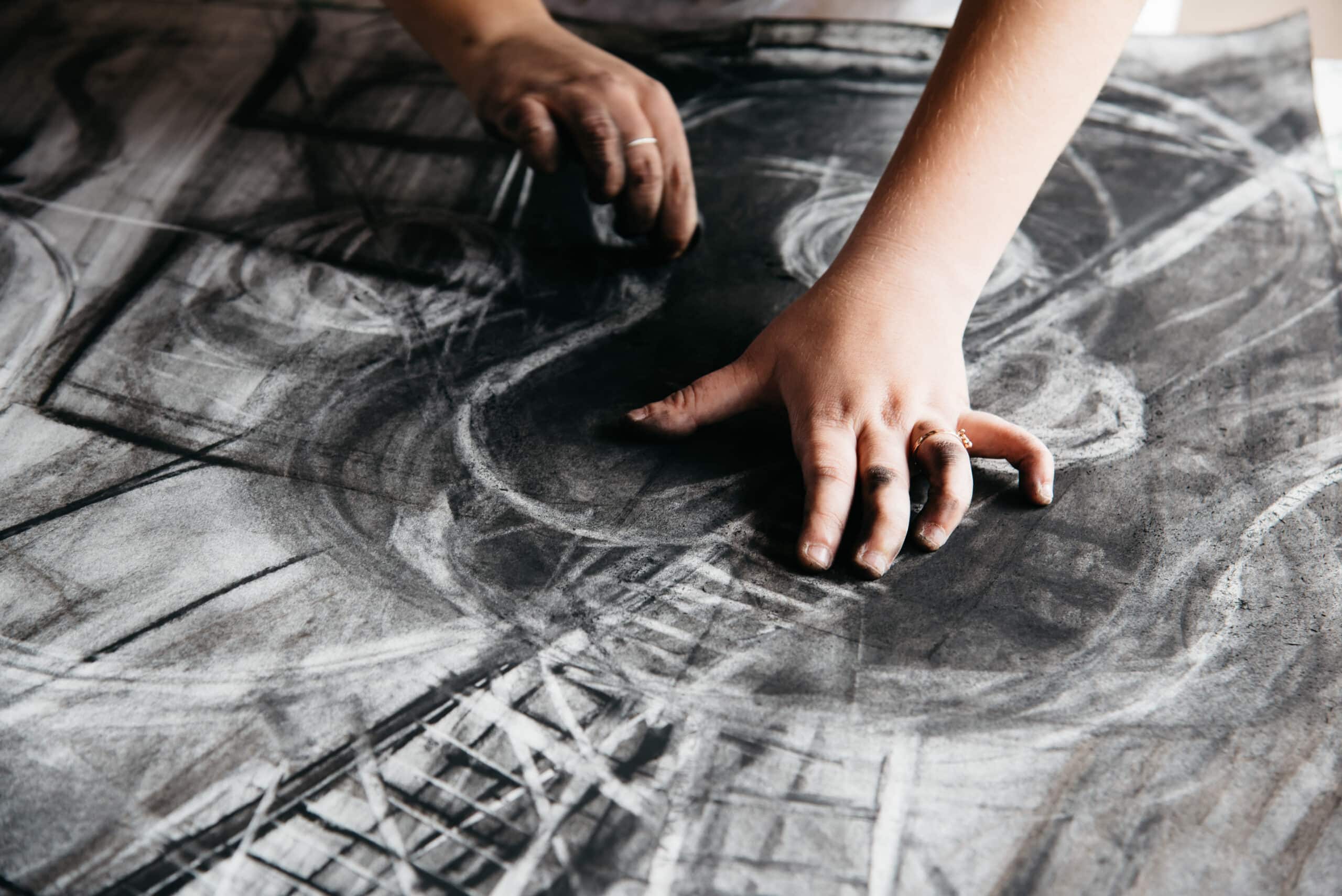What happens when your dreams are bigger than your bank account? Between equipment and travel expenses, your brilliant idea for a photo series can quickly add up. That’s why many documentary photographers and photojournalists rely on professional grants.
Professional grants can offer you the financial ability to produce your work. The Alexia Foundation, for example, awards the winning entry $20,000. That’s a good chunk of change to work with. The Foundation also offers options for student submissions with prizes valued up to $16,500.
If you want to get a grant, you need to write a killer proposal. Your proposal will convince the judges that your photography project deserves the funding. It needs to clearly represent your idea and evoke emotion in your reader without going over the top.
In a sea of photography grant proposals, how do you stand out? Sarah Leen, National Geographic’s Director of Photography, has read a lot of proposals. Last year, she was a competition judge for the Alexia Foundation. Here’s her advice for writing a winning photography grant proposal:
1. Your proposal should be easy-to-read.
For the Alexia Foundation grant, judges read the proposals before they saw the photographs. Don’t rely on the images alone. You have to accurately describe the type of work you make. Judges have to be compelled by your words alone.
2. Focus on the goals of your project.
According to Leen, the best proposals were “very clear about their goals.” Photographers need to explain the story they want to tell, and how the grant will help them tell that story.
“There were a lot of proposals that just rambled on about the topic, but you never had an idea of what they wanted to do or where they were going to take it,” said Leen.
3. Research your project’s topic.
The most successful photography proposals have well-researched topics. You should be an expert and use that information to intrigue the judges. Leen said that a great proposal made her say, “I want to see that.”
4. Submit photos that demonstrate your abilities.
Judges need to be confident that if you win, you can execute your proposal. The photos you submit should reflect your ability to complete the project successfully.
Does your proposal require specific technology? Show work that uses that gear. Will your project require international travel? Provide examples of experience in other countries.
“The photographs and the proposal work together to inspire the jury to not just love the idea, but love the photography and believe that the photographer has the ability to actually do it.”
5. Don’t wait to get started.
“The best proposals are the ones where the person has already started on it, so you get a hint of what this project will look like.” Help the judges connect the dots by getting a jumpstart on your proposal. How can they say no when you’ve already proven that it’s great?
Read more about The Alexia Foundation grant here.
